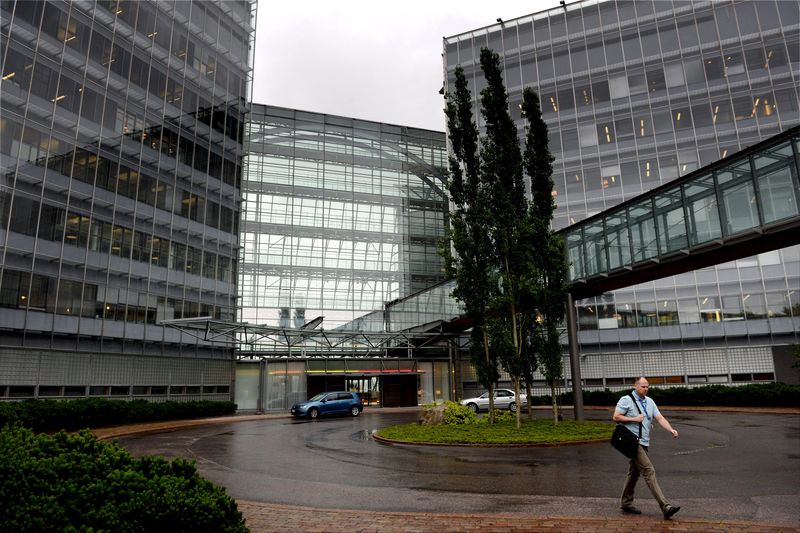Street Calls of the Week
The World Economic Forum (WEF) unveiled its metaverse platform at Davos this year, setting the stage for a VR platform to “revolutionize global collaboration”.
Dubbed the Global Collaboration Village, the virtual platform will enable world leaders to collaborate more efficiently even outside the week at Davos.
The virtual village, which is designed to function and look like the real Swiss town, will be introduced at Davos ahead of its full rollout.
According to WEF chairman Klaus Schwab, WEF plans to leverage the virtual platform as a way of turning Davos meetings, which usually last just a week, into a project that will allow for interviews and conversations between world leaders all year round.
What is the tech?
The tech behind the immersive Davos experience will be powered by Microsoft (NASDAQ:MSFT) and its Mesh suite, covering the features of Teams, the popular business meeting software to allow users to appear as 3D avatars.
Mesh also has a specially designed app for VR headsets that allows for more interactivity with the metaverse worlds.
Schwab has already enlisted the collaboration and presence of several partners, including Meta and the International Monetary Fund (IMF), that will populate the village spaces with their projects.
Attendees of the World Economic Forum with Accenture (NYSE:NYSE:ACN) will experience Microsoft Mesh brought to life through an immersive metaverse experience. Discover how this future-forward technology coming to #MicrosoftTeams works to bring everyone together: https://t.co/TUwOjFd3qq— Microsoft Teams (@MicrosoftTeams) January 17, 2023
What is the Metaverse?
Ever since Facebook (NASDAQ:META) Inc’s rebrand as Meta, the term metaverse has become the new buzzword in the tech space.
Trailblazing this new frontier is Facebook founder Mark Zuckerberg, who is triggering a new wave of interest in the metaverse.
Zuckerberg said: “In the metaverse, you’ll be able to do almost anything you can imagine — get together with friends and family, work, learn, play, shop, create — as well as completely new experiences that don’t fit how we think about computers or phones today.
“In this future, you will be able to teleport instantly as a hologram to be at the office without a commute, at a concert with friends, or in your parent's living room to catch up. This will open up more opportunities no matter where you live.
“You’ll be able to spend more time on what matters to you, cut down time in traffic, and reduce your carbon footprint,” he said.
Simply put, the end goal is an immersive virtual world where people live, work and socialise connected to VR devices in the comfort of their own home.
